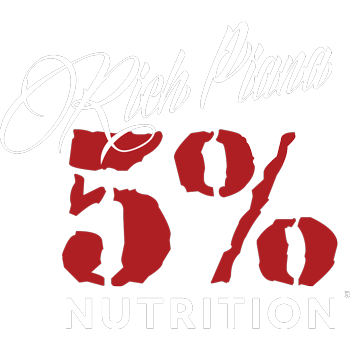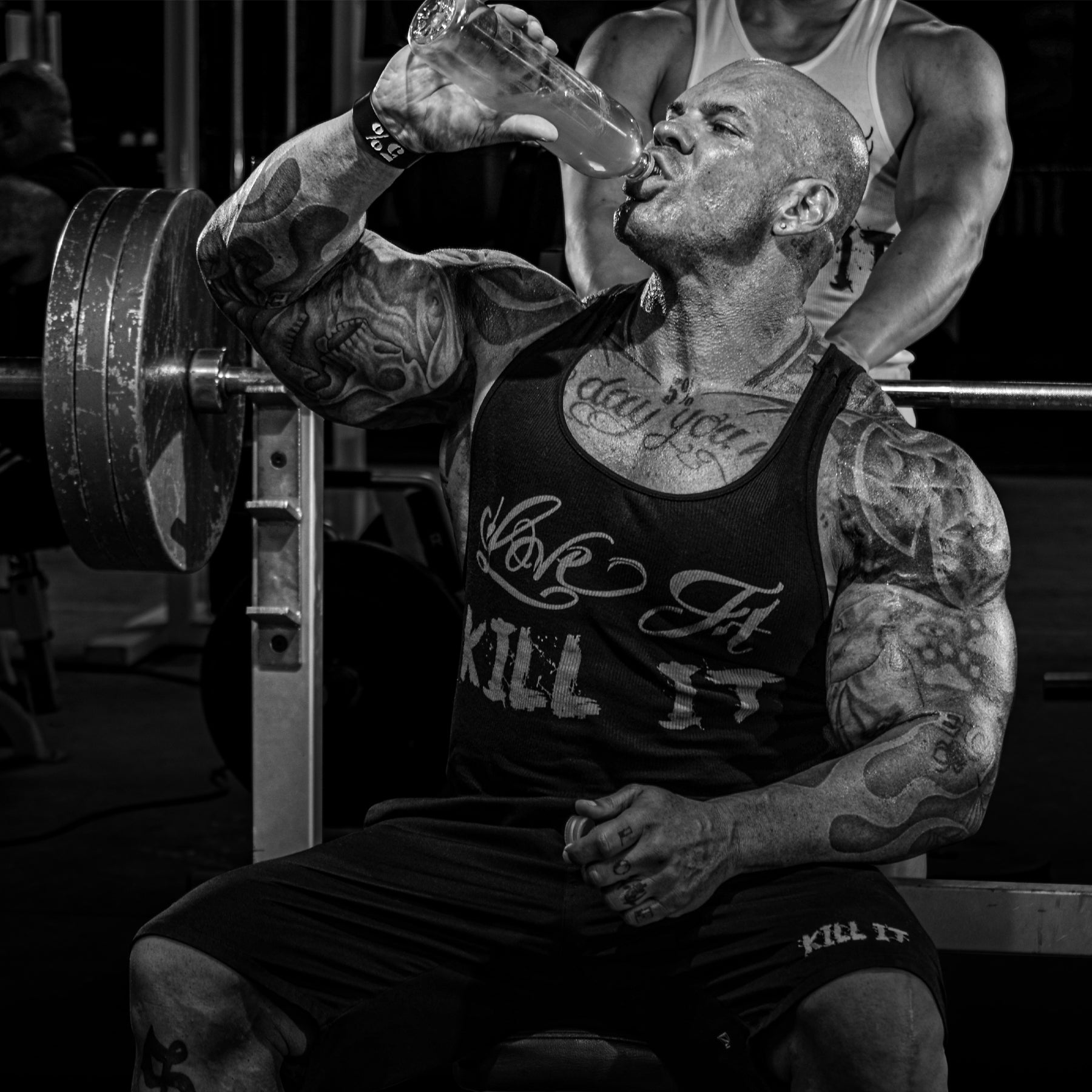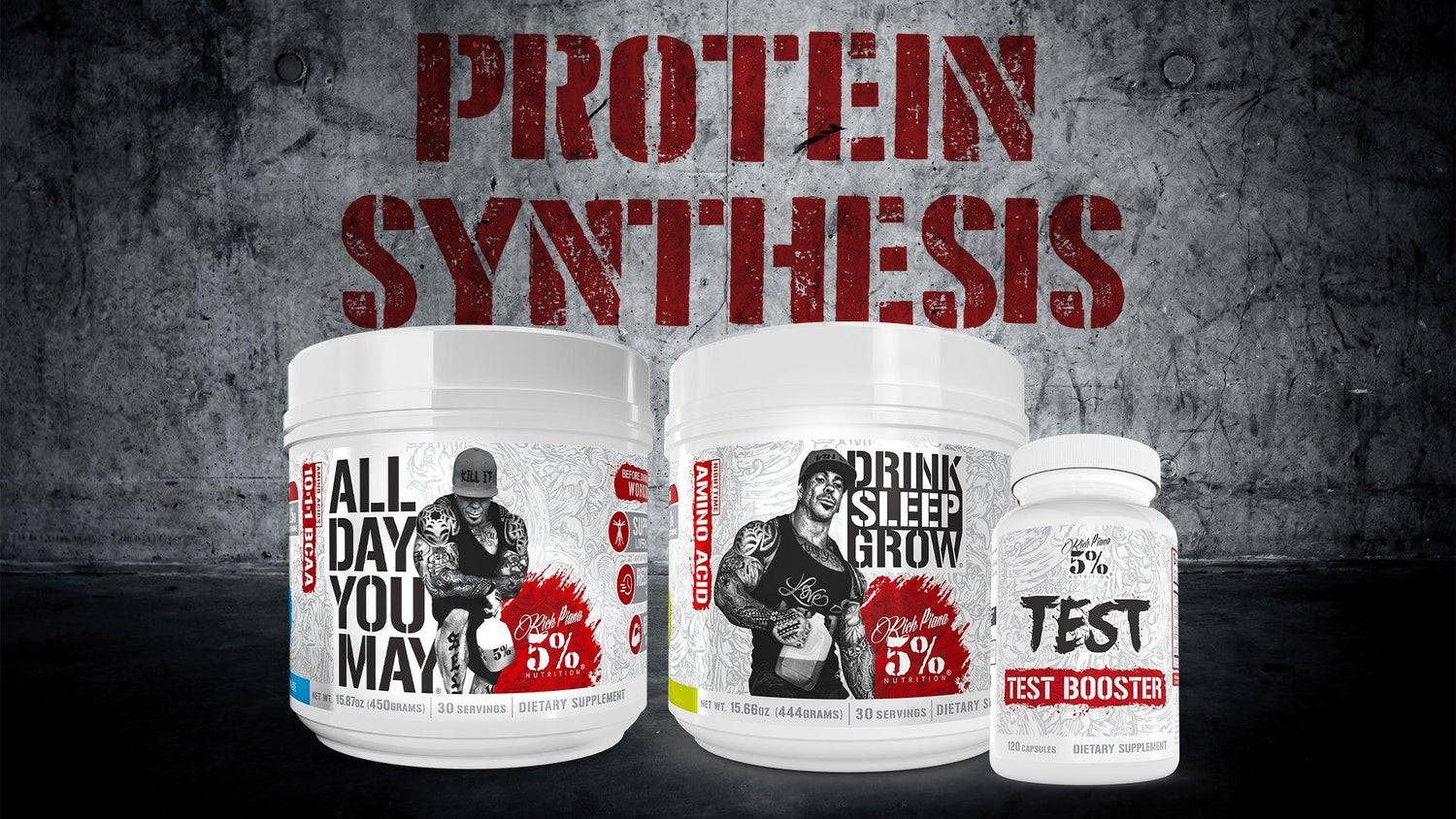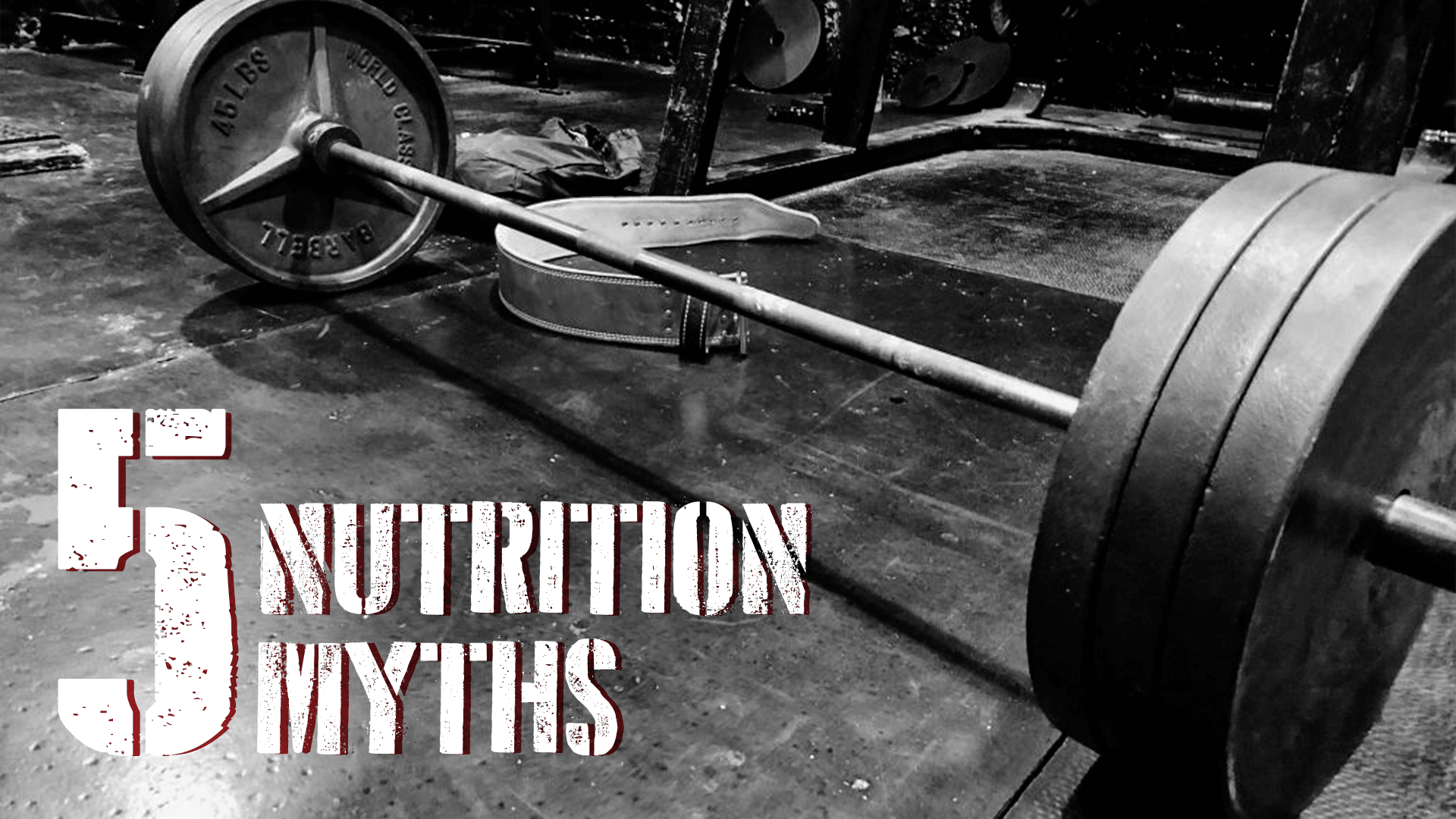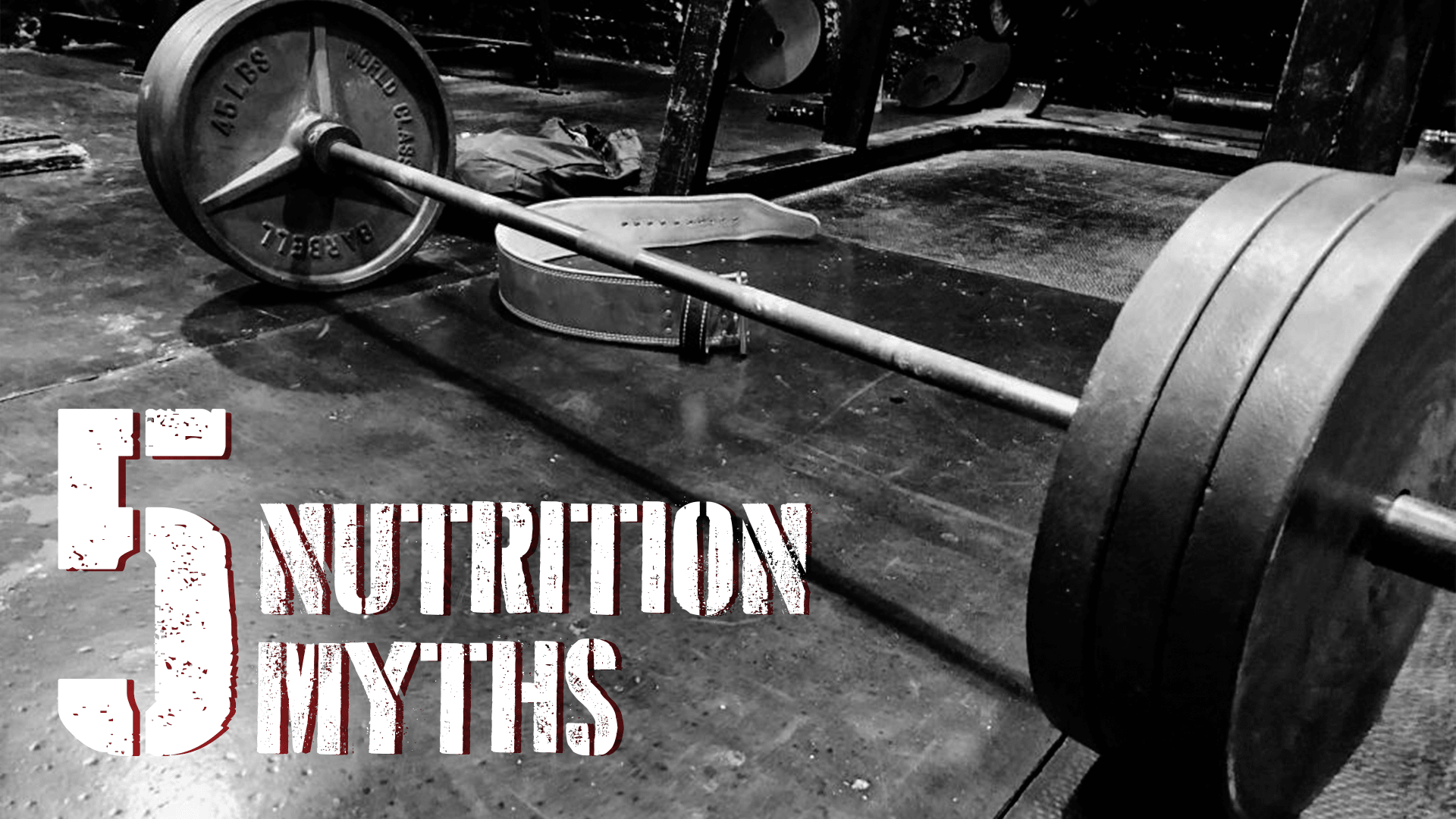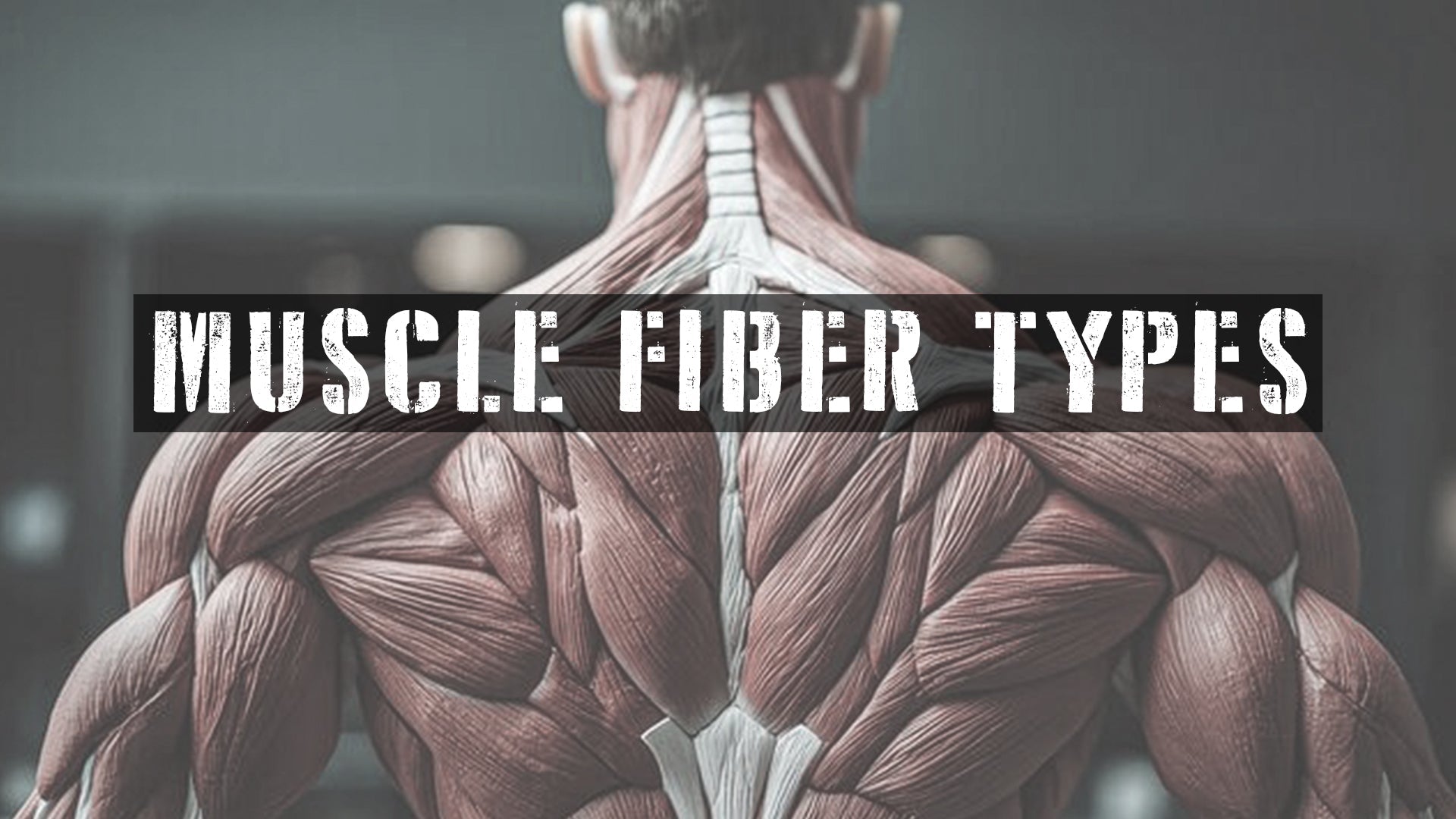Protein synthesis is one of the most exciting concepts in all of bodybuilding. Just as exciting is our understanding of how to optimize it for the best results. Of course, 5% Nutrition is at the forefront of innovation with supplements that take full advantage of this powerful process. In this 2-Part Series, we look at 5 ways you can stimulate protein synthesis. Let’s get going!
What Is Protein Synthesis?
Protein synthesis is a fundamental biological process that allows individual cells to build their specific proteins (1,2). Put another way, it’s the synthesis of new skeletal muscle proteins. When this occurs because of intense resistance exercise and correct nutrition, it’s believed to be a primary trigger of muscle growth.
To understand this, we need to understand “signaling pathways”. The primary pathway is known as “mTOR”, which stands for “mammalian target of rapamycin”. It has also been referred to as the “mechanistic target of rapamycin”. The mTOR signaling pathway is a type of protein that is considered a master growth regulator. It “senses” nutritional and environmental signals and uses these signals to increase the potential of the metabolically positive processes of the body. In fact, it’s considered to be the primary regulator of protein synthesis. (3,4,5).
Now, the point of this article is not to get too deep into the science. Instead, we want to look at what we can do to optimize the natural process.
Here are 5 ways you can stimulate protein synthesis.
#1 - Use BCAAs/EAAs
One of the more revolutionary events in sports nutrition supplementation was the discovery of the relationship between specific amino acids and protein synthesis. Originally, it was believed that the branched-chain amino acids (BCAAs), especially leucine, were extremely effective for stimulating protein synthesis. Then it was discovered that the best results occur when all the EAAs are involved. There are nine EAAs (essential amino acids), including the three BCAAs. They cannot be made by the body and must be supplied through diet and supplementation. Leucine has the greatest impact of any amino acid on protein synthesis. (3, 4)
mTOR is sensitive to the body’s levels of leucine. As leucine levels decline, mTOR is signaled that there's not enough dietary protein available to synthesize new skeletal muscle protein. This effectively turns off protein synthesis. This appears to take place 2-3 hours after you’ve consumed protein.
What happens if you ingest more BCAAs/EAAs (especially leucine)? The elevated amino acid levels signal mTOR that there is now sufficient dietary protein, and protein synthesis turns back on. (4)
# 2 - Leucine/Protein Timing
Some online sources have suggested that protein timing does not matter. The thinking is that as long as you consume protein eventually, it’s OK. When it comes to optimal protein synthesis, timing definitely matters. Not to mention, who wants to work out as intensely as Rich used to, then wait 2-3 hours to eat something? Rich never waited. He had a shake immediately after training, usually Real Carbs and egg whites. You can do the same with Real Carbs + Protein, or Egg White Crystals and Real Carbs. Not long after he had his shake, he would have a real food meal.
Research suggests that amino acids with extra leucine will increase the rate of protein synthesis for 30-60 minutes after training. This returns to normal after about 120 minutes (5, 6). This means to keep protein synthesis going, you have to ingest more protein.
Based on this research, if you’re serious about protein synthesis, take in a protein shake, meal, or ADYM every 3-4 hours. Research shows that amino acid pool levels remain high for as long as 4 hours after ingesting amino acids (5, 6, 7, 8). Based on this, protein timing may not be a bad idea after all.
This ends Part 1. In Part 2, we will look at the remaining ways you can stimulate protein synthesis. We’ll also look at the 5% Nutrition supplements that can optimize this process.
References:
- What Is Protein Synthesis. (2015, December 27). Retrieved May 02, 2017, from http://www.proteinsynthesis.org/what-is-protein-synthesis/
- Protein synthesis. (n.d.). Retrieved May 02, 2017, from http://medical-dictionary.thefreedictionary.com/protein synthesis
- Jackman SR, Witard OC, Philp A, Wallis GA, Baar K, Tipton KD. Branched-Chain Amino Acid Ingestion Stimulates Muscle Myofibrillar Protein Synthesis following Resistance Exercise in Humans. Frontiers in Physiology. 2017;8:390. doi:10.3389/fphys.2017.00390.
- Anthony JC, Yoshizawa F, Anthony TG, Vary TC, Jefferson LS, Kimball SR. Leucine stimulates translation initiation in skeletal muscle of postabsorptive rats via a rapamycin-sensitive pathway. J Nutr. 2000;130(10):2413-2419.
- Bohe, J., Low, J.F.A., Wolfe, R.R. & Rennie, M.J. Latency and duration of stimulation of human muscle protein synthesis during continuous infusion of amino acids. J Physiol., 532(Pt 2): 575-579. April 2001.
- Anthony, J.C., Lang, C.H., Crozier, S.J., Anthony, T.G., MacLean, D.A., Kimball, S.R. & Jefferson, L.S. Contribution of insulin to the translational control of protein synthesis in skeletal muscle by leucine. Am J Physiol Endocrinol Metab., 282: E1092-E1101, May 2002.
- Norton L.E., Layman D.K., Bunpo P., Anthony T.G., Brana D.V. & Garlick P.J. The Leucine Content of a Complete Meal Directs Peak Activation but Not Duration of Skeletal Muscle Protein Synthesis and Mammalian Target of Rapamycin Signaling in Rats. J. Nutr., [Epub ahead of print] April 2009.
- Paddon-Jones D., Sheffield-Moore M., Aarsland A., Wolfe R.R. & Ferrando A.A. Exogenous amino acids stimulate human muscle anabolism without interfering with the response to mixed meal ingestion. Am J Physiol Endocrinol Metab., 288: E761-E767, April 2005.
